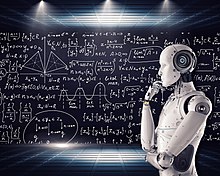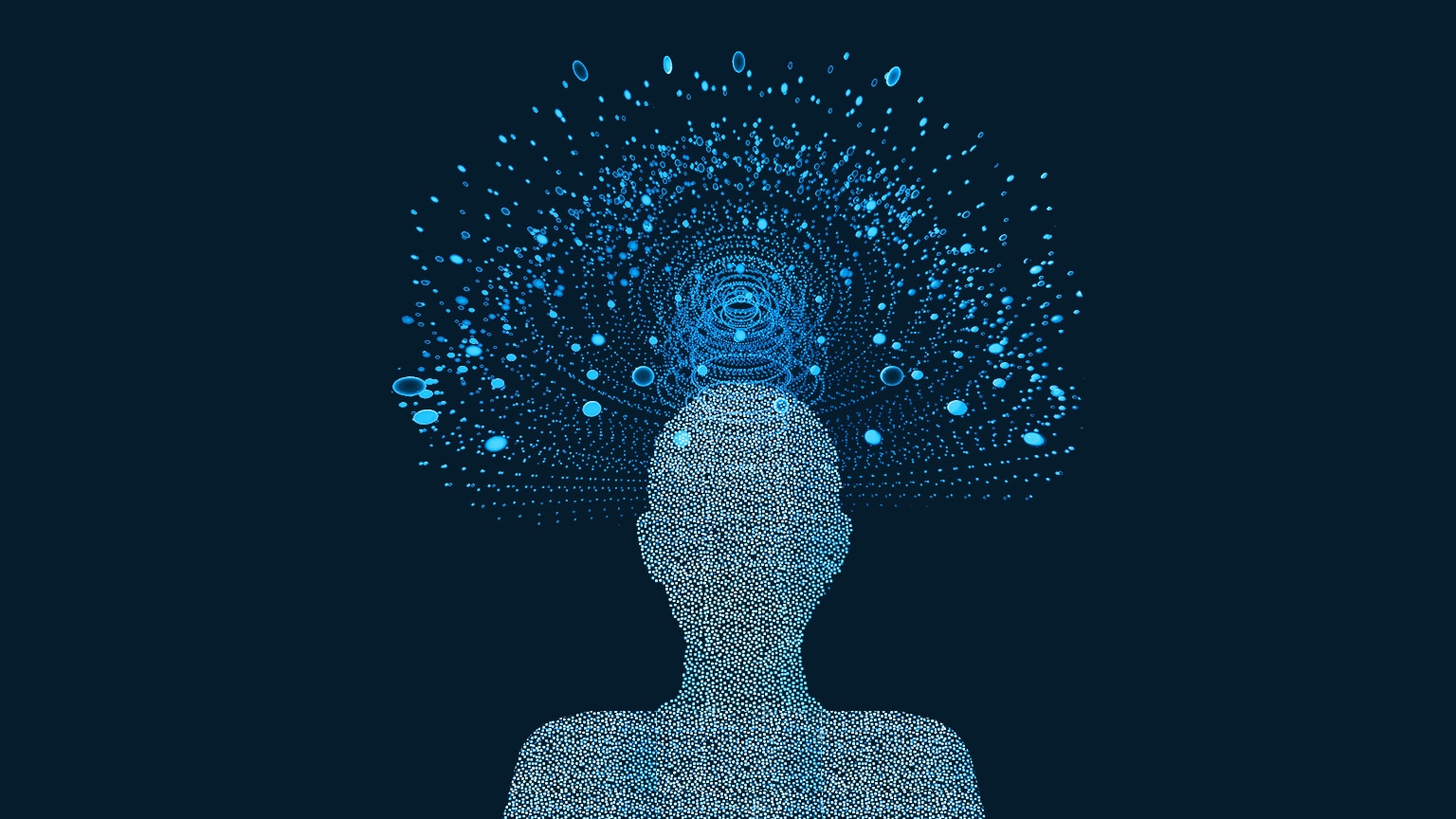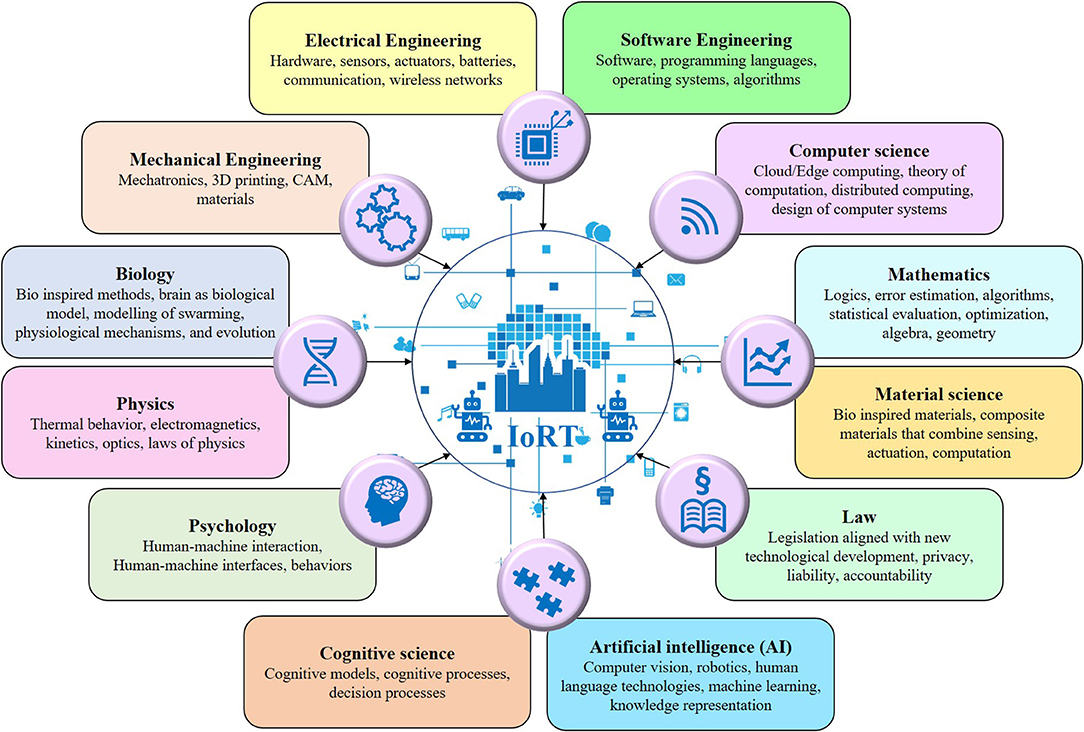Introduction
Importance of Technology and Innovation
Overview of Technological Innovations
Technological innovations are continuously evolving and creating opportunities for growth and improvement. Embracing these advancements is essential to stay competitive and address the challenges and needs of our rapidly changing world.

Artificial Intelligence (AI)
Definition and Application of AI
Benefits and Challenges of AI Implementation

New Applications
Emerging Technologies in Various Sectors
Impact of New Applications on Society
Overall, the implementation of AI in new applications presents both opportunities and challenges for society. It is crucial to carefully consider the implications and address any ethical concerns to ensure responsible and beneficial deployment of AI.

Social Networks
Role of Social Networks in Technology and Innovation
In recent years, social networks have played a significant role in driving technology and innovation. Platforms like Facebook, Twitter, and LinkedIn have provided a space for individuals and businesses to connect and share ideas. This has led to collaborations and partnerships that have resulted in the development of new technologies and innovative solutions. Social networks also serve as a platform for knowledge sharing, enabling individuals to stay updated with the latest trends and advancements in their respective fields.
Effects of Social Networks on Communication and Connectivity
Social networks have revolutionized communication by providing a real-time and global platform for people to connect and interact. This has led to improved connectivity and the ability to stay connected with friends, colleagues, and family members across the globe. Additionally, social networks have also changed the way businesses communicate with their customers, allowing for direct and personalized interactions. However, there have also been concerns about the negative effects of social networks on social interactions and mental health, such as addiction and cyberbullying. It is important to strike a balance and use social networks responsibly for the betterment of society.

Social Networks
Role of Social Networks in Technology and Innovation
Social networks have played a significant role in driving technology and innovation. Platforms like Facebook, Twitter, and LinkedIn have provided a space for individuals and businesses to connect and share ideas, resulting in collaborations and the development of new technologies. They also serve as a platform for knowledge sharing, allowing individuals to stay updated with the latest trends in their fields.
Effects of Social Networks on Communication and Connectivity
Social networks have revolutionized communication, providing a real-time and global platform for people to connect and interact. This has improved connectivity and allowed people to stay connected with friends, colleagues, and family members worldwide. Additionally, social networks have changed the way businesses communicate with customers, enabling direct and personalized interactions. However, concerns exist about the negative effects of social networks on social interactions and mental health, such as addiction and cyberbullying. Responsible use is essential for the betterment of society.
Internet of Things (IoT)
Definition and Scope of IoT
The Internet of Things (IoT) refers to a network of physical objects embedded with sensors, software, and connectivity that allows them to collect and exchange data. These objects, which can be everyday devices or complex machinery, communicate with each other and with humans, enabling seamless automation and interaction. The scope of IoT is vast, covering various industries such as healthcare, transportation, agriculture, and manufacturing.
Advancements and Potential of IoT Technology
Advancements in IoT technology have the potential to transform various aspects of life and business. With increased connectivity, IoT devices can enhance efficiency, productivity, and decision-making through real-time data analysis. For example, in healthcare, IoT-enabled devices like wearable health trackers can monitor vital signs and provide valuable insights for personalized healthcare. In transportation, IoT can enable smart cities with traffic management systems, leading to reduced congestion and improved safety. As IoT continues to evolve, its potential to create innovative solutions and improve various industries is vast.
